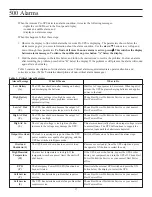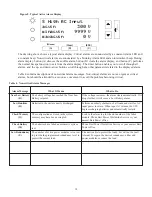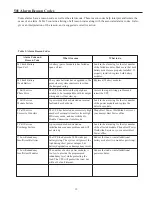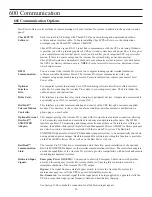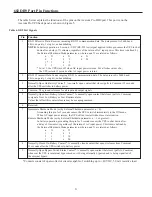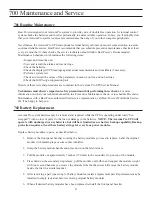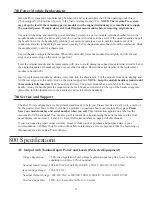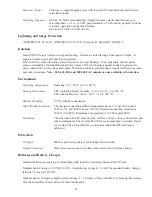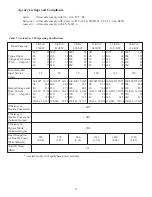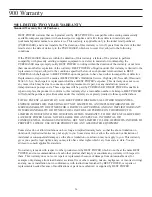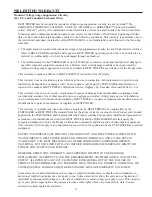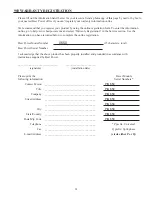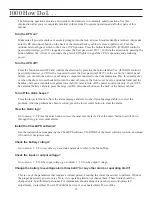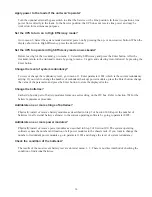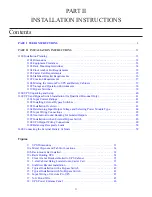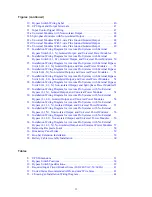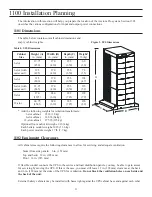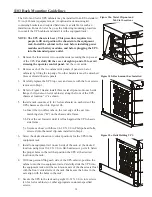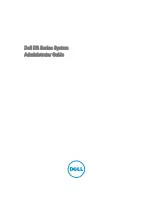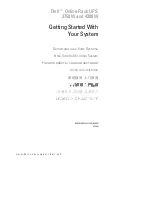
19
Alarm Code and
Reason Code
What it means
What to do
M Check Battery
Open Cell
A battery (pair of modules) has failed an
open cell test.
Look in the alarm log for the slot number
of the failed modules. Make sure that both
battery modules are properly installed. If
properly installed, replace both battery
modules.
M Check Battery
Weak Battery
The system batteries have degraded to the
point where system runtime is less than
the designed rating.
Replace all battery modules.
T Call Service
Phase Error
The UPS has detected the input phase
rotation to be incompatible with its output
wiring and will not start up.
Correct the input wiring problem and
restart the UPS.
T Call Service
Module Failure
A power module has detected an internal
fault and has shut down.
Look in the alarm log for the slot number
of the power module and replace the
defective module.
T Call Service
Excessive Transfers
The UPS has detected an excessively high
number of automatic transfers from High
Efficiency mode, and has switched to
Double Conversion (Auto) mode.
Phone Best Power Worldwide Service or
your nearest Best Power office.
T Call Service
Precharge Failure
A power module has detected an
initialization sequence problem and will
not start up.
Look in the alarm log for the slot number
of the affected module. Phone Best Power
Worldwide Service or your nearest Best
Power office.
U Low Redundancy
Insufficient Batteries
The UPS load exceeds 2800 watts per
battery string. The system will protect the
load during short power outages, but
battery degradation or damage may result.
Reduce the load or install additional
battery modules (two modules per string).
U Low Redundancy
Insufficient Modules
The number of active power modules is
too few to provide the programmed
redundancy level while protecting the
load. The UPS will protect the load, but
will not be fault tolerant.
Reduce the load or install additional
power modules.
501 Alarm Reason Codes
Some alarms have a reason code as well as the alarm code. These reason codes help interpret and isolate the
cause of an alarm. Table 5 contains a listing of all reason codes along with the associated alarm codes. It also
gives an interpretation of the reason, and a suggested corrective action.
Table 5. Alarm Reason Codes













